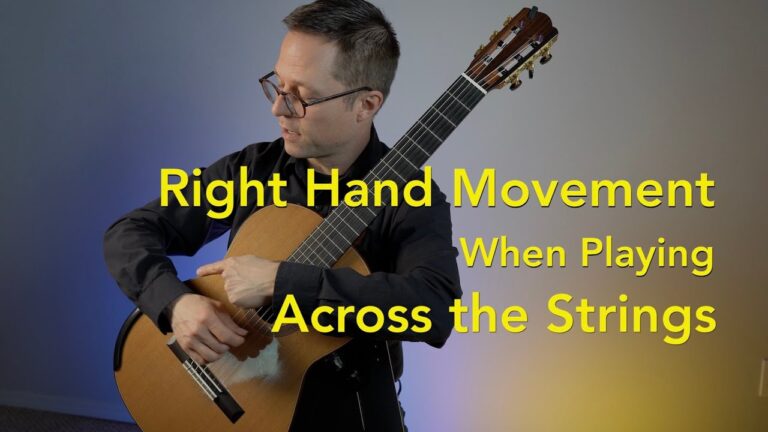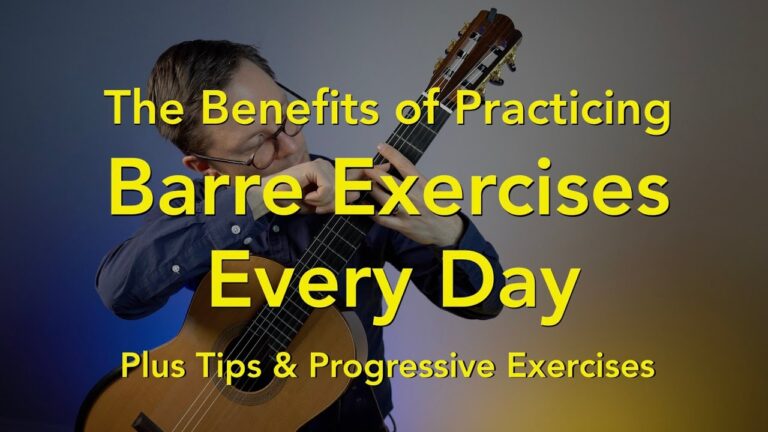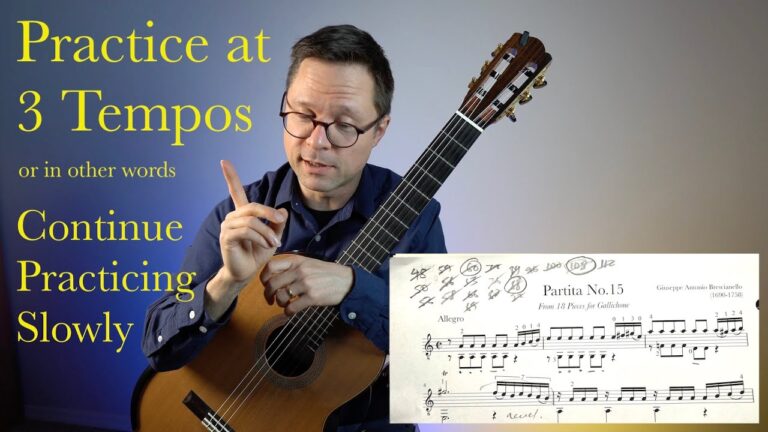Lesson: Accomplish Small Goals and Feel Positive When Practicing (YouTube Lesson Link). A lesson on how to practice music: accomplishing small goals and feeling positive when practicing. It’s all about playing well and doing something to improve each day you practice. It’s not about playing through your whole piece, it’s about making progress and accomplishing a task.
Specific Tips
- Play Super Slow
- Pick small destination points to make your session more manageable and easily accomplished
- Turn it into a technique exercise to practice the issue rather than the piece itself
- Do something or anything to improve
- Metronome and keep turning it slower until you are playing well
- Work musicality and all the music elements into your practice: phrasing, articulation, dynamics, legato, rhythm, form, structure etc…
A General List fo Practice Tips
Happiness in small goals: Making your practice sessions enjoyable will be key to long-term musical success and development. When experiencing difficulties, break up the piece or exercise into small manageable goals at a speed you can accomplish successfully. Even if you only play a few notes at a time, playing successfully will improve your skills and give you a feeling of accomplishment.
Isolate difficulties and solidify strengths: Balance your practice sessions by working on difficulties as well as maintaining easy material you can play well. Playing at a high quality level as often as possible will help develop a solid foundation. Work on your difficulties near the middle of your practice session and finish with something you can play well. This will ensure you end with a positive feeling of success.
Practicing is Problem Solving: Practicing is different than just playing the guitar. When you practice you need to identify problems or elements you wish to improve and solve them immediately. Simply playing the guitar will not make you a better musician. If your teacher says you should practice for 30 minutes a day, be sure you are actually practicing for 30 minutes not just playing.
Combine repetition with thoughtful practice: Although a certain amount of repetition is required to establish your skills, balance repetition with thoughtful reevaluation. Sometimes, improvement will occur by reexamining your posture, hand positions, or elements not directly connected to what you are studying. Having a qualified teacher is very helpful. They can identify problems before you repeat it a hundred times. That said, aim to be mindful at all times about what you are doing.
Good days vs bad days: Actually, I don’t believe in good or bad practice days. All days are good opportunities to practice something. On days when you are having trouble focusing or executing material cleanly, slow down your speed and use a metronome until you are playing well. You may have to play at half the speed you intended but you can still get in some quality practice.
Play slowly: I’ve rarely encountered a student who practices as slowly as I think they should. Practicing ultra slowly will ensure you are playing with your best hand positions, sound, confidence, relaxation, accuracy, and more. The majority of your practicing should be at very slow tempos. Once you can play something well at a slow tempo, you can speed it up while keeping an eye on the quality level.
Keep it simple: Even the most advanced players will perform simple pieces but will do so at a very high quality level. Quality practice helps to improve your playing so keep exercises and pieces simple enough that you can accomplish them at your highest potential. You don’t have to prove yourself to anyone. You‘ll only improve if you set realistic and manageable goals.
Check out my Education Series
- Classical Guitar Method – Vol. 1, Video Lessons, 100 pages, Free PDF
- Classical Guitar Method Vol. 2, Video Lessons, 89 pages.
- Classical Guitar Repertoire Lessons Grade 1 – Dedicated lessons for each piece.
- Classical Guitar Repertoire Lessons Grade 2
- Classical Guitar Repertoire Lessons Grade 3
- Classical Guitar Technique: Essential Exercises, Scales, & Arpeggios – 122 pages, Video lessons. Start anytime after Vol.2 method and continue with repertoire lessons.




